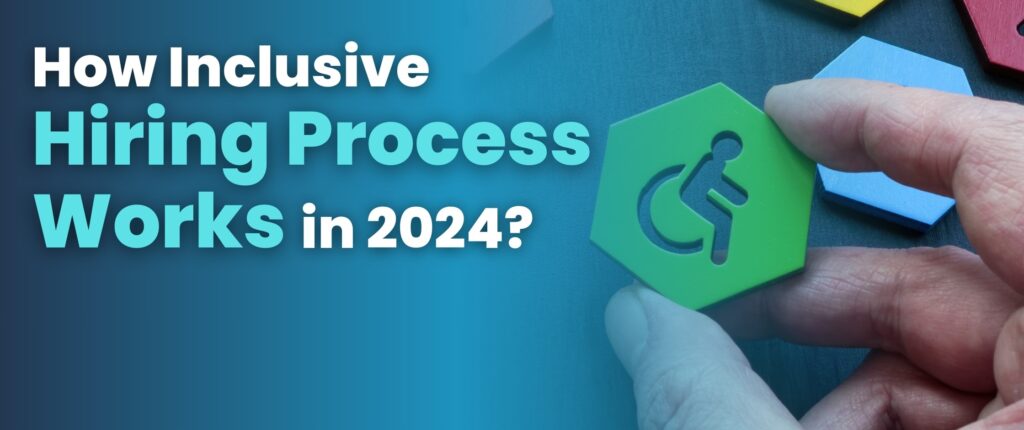Inclusive hiring ensures fair treatment for all candidates regardless of race, ethnicity, gender, sexual orientation, religion, or disability, fostering a welcoming and respectful workplace. Saudi Arabia prioritizes inclusive hiring for its 2024 projects. Benefits of Inclusive Hiring: These practices attract top talent, foster innovation, and fortify brand image, ultimately cultivating a more inclusive and successful workplace. Strategies for Overcoming Barriers to Inclusive Hiring Practices Barriers to inclusive hiring include bias, lack of diversity in the hiring pool, and an unsupportive workplace culture. To address these barriers, strategies such as bias training, expanding recruitment efforts, and fostering a supportive environment can be implemented. Inclusive Hiring Practices in Action Leading companies like Target, Google, and Microsoft have implemented inclusive hiring initiatives such as the “Open to All” campaign, diverse mentorship programs, and comprehensive diversity and inclusion strategies. Some Popular Companies That Use Inclusive Hiring Practices Google, Microsoft, and LinkedIn have successfully implemented inclusive hiring practices through initiatives like diversity hiring pipelines, internship programs, and diversity and inclusion councils. Measuring the Success of Inclusive Hiring Practices Metrics for measuring success include workforce diversity, employee engagement, productivity, turnover rates, and brand reputation. Qualitative feedback from employees is also crucial for assessing effectiveness. Conclusion Inclusive hiring is vital for creating equitable workplaces where all candidates are treated fairly. Its benefits include increased diversity, improved morale, productivity, reduced turnover, and enhanced brand reputation. Employers must prioritize inclusive hiring and actively work towards creating inclusive workplaces.


